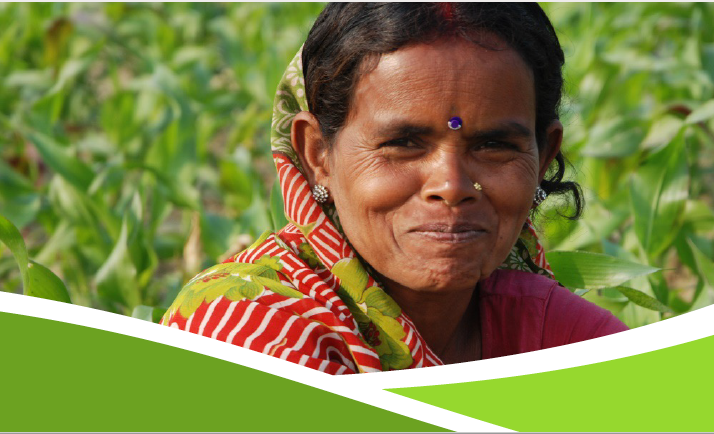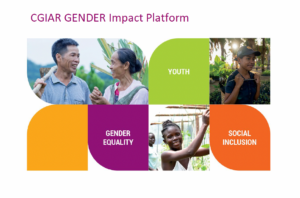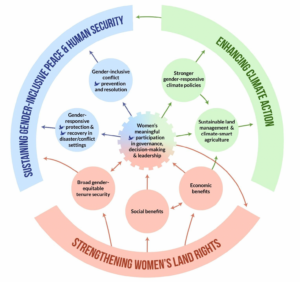This paper addresses women’s empowerment in agriculture and discusses innovations in measuring it and emerging evidence on its relationship to development outcomes. Women’s empowerment and gender equality are at the core of gender-transformative change in agriculture and a more holistic and inclusive approach to how we address gender in agriculture. The authors discuss the evolution of our conceptualization and measurement of women’s empowerment and how thinking about gender equality and women’s empowerment has advanced in the decade since the 2010–2011 SOFA. Recent empowerment measures draw upon Kabeer’s definition of empowerment as a process that expands a person’s strategic life choices, particularly for those who have been denied this opportunity. Using a Gendered Food Systems framework and a standardized measure of women’s empowerment, the Women’s Empowerment in Agriculture Index (WEAI), we review the evidence on “what works” to empower women based on impact evaluations of a portfolio of 11 agricultural development projects with empowerment objectives and a scoping review of livestock interventions. They then review the evidence on associations between empowering women and societal benefits in terms of agricultural productivity, incomes, food security, and nutrition.
Authors: Agnes Quisumbing, Steven Cole, Marlène Elias, Simone Faas, Alessandra Galiè, Hazel Malapit, Ruth Meinzen-Dick, Emily Myers, Greg Seymour and Jennifer Twyman
Source: CGIAR GENDER Impact Platform · Working Paper #011
Citation: Quisumbing, A., Cole, S., Elias, M., Faas, S., Galiè, A., Malapit, H., Meinzen-Dick, R., Myers, E., Seymour, G., and Twyman, J. 2023. Measuring Women’s Empowerment in Agriculture: Innovations and Evidence. CGIAR GENDER Impact Platform Working Paper #011. Nairobi, Kenya: CGIAR GENDER Impact Platform. https://hdl.handle.net/10568/129707.




